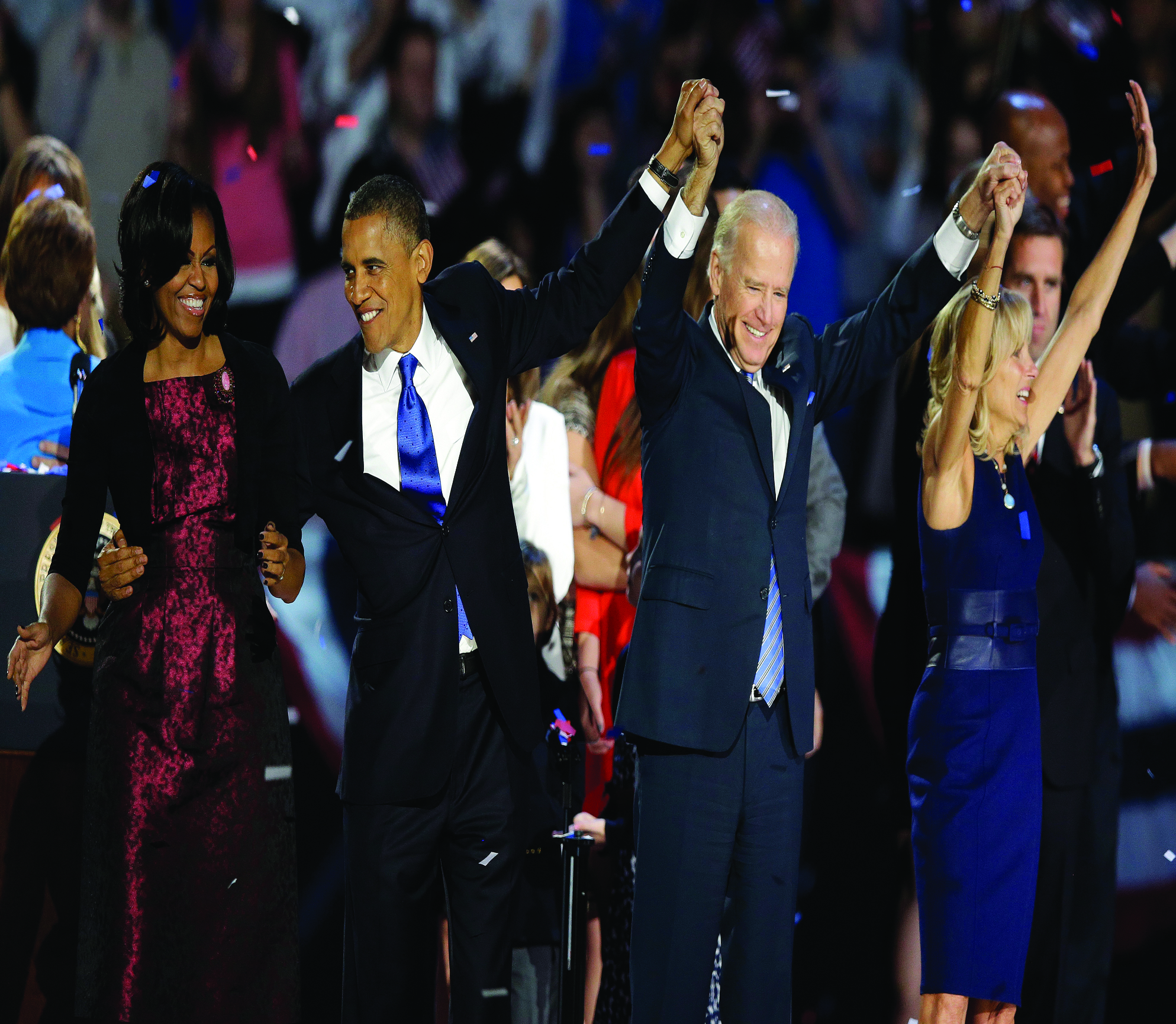
The 2012 election season comes to a close with major decisions occurring all across the nation
Ian Benson
News Editor
In what ultimately proved to be a decisive electoral victory, President Barack Obama defeated Republican challenger Mitt Romney, and was re-elected to the office of President. After a hard-fought and bitter campaign, President Obama pledged in his acceptance speech to work with his political opponents, a sentiment Romney echoed in his concession speech.

“This is a time of great challenges for America, and I pray that the president will be successful in guiding our nation,” Romney said, addressing supporters at his campaign headquarters in Boston.
Romney also asked for politicians to “put the people before politics,” calling for American unity after such a divisive campaign.
“We are an American family and we rise and fall together as one nation,” Obama said, addressing supporters in Chicago. “We have picked ourselves up, we have fought our way back and we know in our hearts that for the United States of America the best is yet to come.”
As of press time, the electoral count stood at 303 for Obama and 206 for Romney, with Florida leaning towards Obama, though not officially called. If the polls stand in Florida, the final tally will be 332-206, meaning Obama would win all off the states he won in 2008, with the exception of Indiana and North Carolina.
The popular vote was significantly closer than the electoral vote, with Obama narrowly edging out Romney in a 50.3-48.1 victory.
Wooster students, for the majority, reacted positively to the news, celebrating in Lowry Pit when Ohio, and subsequently, the election, were called for Obama. Applause and cheers filled the room, with students hugging one another, overjoyed at the President’s re-election. Often times, this was in clear view of Romney supporters.
Sen. Sherrod Brown won re-election against his Republican opponent, State Treasurer Josh Mandel, despite receiving only $14 million in outside help, compared to Mandel’s $22 million.
Rep. Jim Renacci, the current incumbent congressman of Ohio’s 16th congressional district, which includes Wooster, defeated challenger Betty Sutton, the representative of Ohio’s 13th district before redistricting took effect.
Democrats maintained control of the Senate, though they lost their supermajority. The Republicans also maintained control of the House of Representatives. The divided Congress will only complicate the task Obama faces now that he has secured a second term in office.
One issue that the president must immediately face is “the fiscal cliff,” a set of automatic tax rises and military and domestic spending cuts that will kick in during January unless lawmakers can reach an agreement. Some economists predict that the measure could send the nation back into recession.
In terms of state issues, Maryland, Maine and Washington became the first states to approve same-sex marriage on the ballot. Since the late 90s, 32 states have voted on same-sex measures, the issue never having passed. Maine had previously overturned legislature legalizing gay marriage in 2009.
LGBT activists also scored a victory in Wisconsin where Tammy Baldwin became the first openly gay person elected to the Senate, and in Minnesota, where the people voted down a constitutional amendment banning gay marriage, becoming the first state to do so.
Other notable victors included the first Buddhist Senator, Mazie Hirono of Hawaii, who in addition is the first Japanese immigrant elected. Hawaii also elected Tulsi Gabbard, the first Hindu to Congress.
In another major issue, voters in Washington and Colorado approved of measures legalizing marijuana for recreational use. Adults over 21 in both states will be allowed to posses up to an ounce of marijuana. The Colorado amendment will allow people to grow up to six plants in private areas. Washington, on the other hand, established a system of state-licensed growers, processors and stores.
Voters in Puerto Rico have supported a referendum seeking to become the 51st state in the union. With almost 80 percent of the island’s electorate taking part in the referendum, 54 percent voted to change the relationship the island has with the United States. Puerto Rico is currently a U.S. territory, using U.S. currency and passports, but is represented in Washington by a non-voting delegate. If Congress grants approval, Puerto Ricans will be allowed to vote in all elections, but would have to pay federal taxes, something that they currently do not do.
